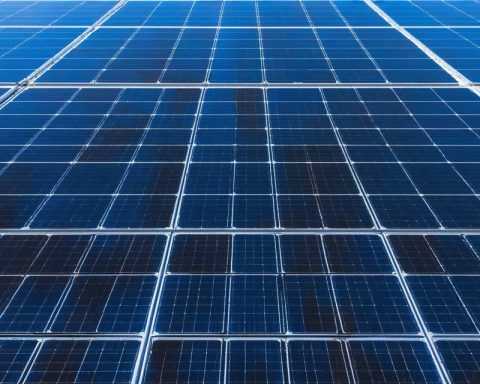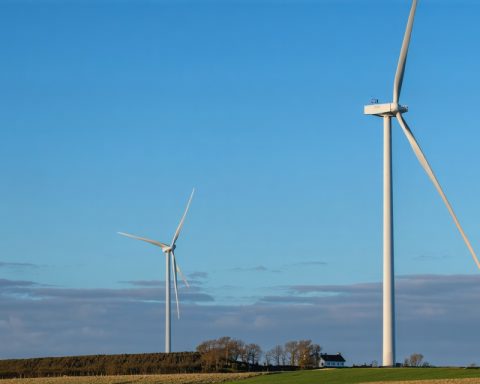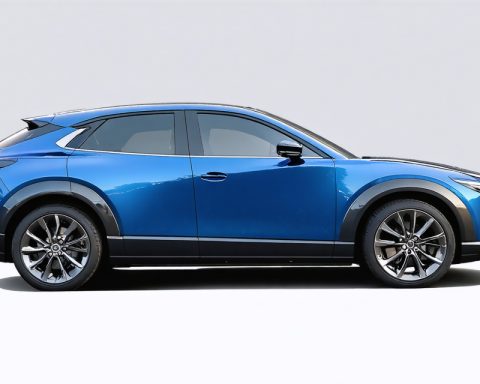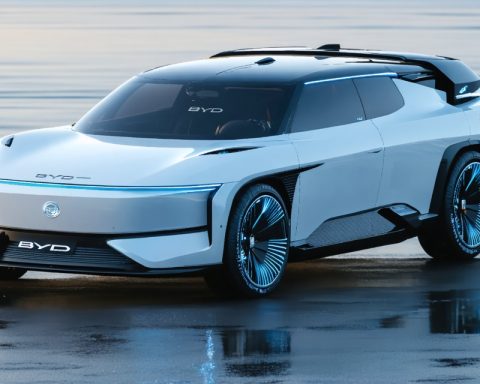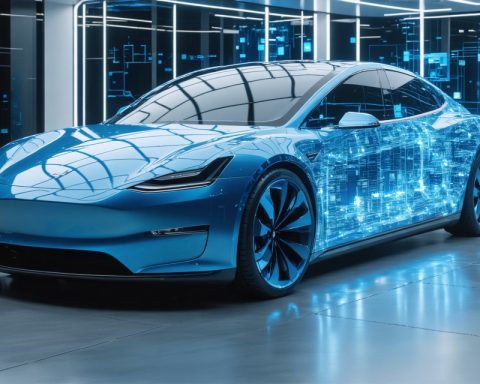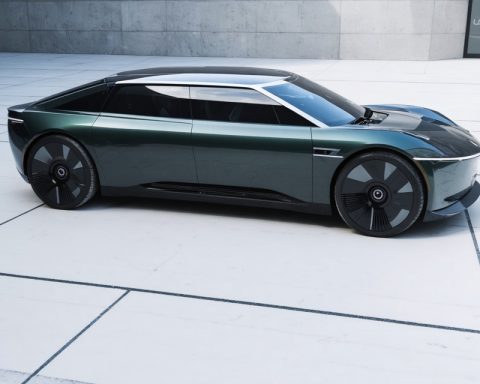A Bold Shift in Automotive Innovation
In a surprising twist, Tesla founder Elon Musk has announced a dramatic pivot that has left industry experts and fans in awe. Traditionally criticized for hydrogen technology, Musk is now steering his company towards the development of hydrogen fuel cell vehicles, a move nobody anticipated. This strategic update positions Tesla to transform mobility, resembling mobile fuel stations more than traditional cars.
For years, Musk labeled hydrogen as an inefficient energy source, challenging its viability for automotive use. However, his upcoming vision seems set to revolutionize the market, with a detailed plan expected to emerge by 2026. Stakeholders are questioning the implications of this shift on the electric vehicle paradigm—will Tesla cease its electric production or adapt its offerings?
Transitioning to hydrogen will involve significant engineering challenges. The development of hydrogen fuel cells requires a completely different approach compared to electric powertrains, likely ruling out retrofitting existing models. Yet, the much-anticipated Model H is already in the pipeline, indicating a carefully orchestrated strategy by Tesla.
Adopting hydrogen technology holds potential obstacles, including high production costs, storage complexities, and underdeveloped refueling infrastructure. With public skepticism surrounding this radical change, the launch of the Model H might set the stage for a new era in sustainable transportation, pushing Tesla to reconcile its past and present beliefs about energy solutions while pioneering advancements in eco-friendly mobility.
Tesla’s Unexpected Turn: The Future of Hydrogen Fuel Cell Vehicles
In a groundbreaking move, Tesla founder Elon Musk has announced a significant deviation from the company’s core focus on electric vehicles, now steering towards the development of hydrogen fuel cell vehicles. This unexpected pivot has generated considerable interest and speculation within the automotive industry and among consumers alike.
The Transition to Hydrogen: Implications and Insights
For years, Musk has publicly critiqued hydrogen as an inefficient energy source for transportation, questioning its viability. However, as Tesla prepares to unveil its vision for hydrogen technology, industry experts are left contemplating the implications for traditional electric vehicle paradigms. The forthcoming Model H, set to launch by 2026, signals a profound shift in the company’s strategic direction, raising questions about whether Tesla will discontinue its electric vehicle production or integrate hydrogen offerings alongside its existing lineup.
Pros and Cons of Hydrogen Fuel Cells
Pros:
1. Environmental Benefits: Hydrogen fuel cells produce only water as a byproduct, contributing to a cleaner environment.
2. Faster Refueling: Refueling a hydrogen vehicle can be completed in as little as five minutes, significantly quicker than charging electric vehicles.
3. Longer Range: Hydrogen vehicles can potentially offer a longer range between refuels compared to battery electric vehicles.
Cons:
1. Infrastructure Limitations: The infrastructure for hydrogen refueling stations is currently underdeveloped, posing a significant challenge for adoption.
2. Production Costs: Hydrogen production remains expensive, particularly when derived from renewable sources.
3. Technology Barriers: Development and engineering of hydrogen fuel cell technology differ significantly from existing electric powertrains.
Technical and Engineering Challenges
Transitioning from electric powertrains to hydrogen fuel cell technology will necessitate robust engineering innovations. Current Tesla models are unlikely to be retrofitted for hydrogen functionality, meaning that entirely new designs will need to be developed. This undertaking could become a considerable barrier for Tesla amidst increasing competition in the hydrogen sector.
Market Analysis and Trends
The shift towards hydrogen also reflects broader market trends prioritizing sustainable energy solutions. According to recent reports, the global hydrogen vehicle market is projected to grow significantly, driven by advancements in fuel cell technology and increasing government incentives for low-emission vehicles. As Tesla transitions, it could capture a sizeable segment of this emerging market, especially if it can overcome infrastructure hurdles.
Security Aspects and Sustainability
Embracing hydrogen technology not only aligns with environmental goals but also enhances energy security. Hydrogen can be produced from various resources, reducing dependence on traditional fossil fuels. Moreover, advancements in green hydrogen production are critical for sustainability, ensuring that future hydrogen vehicles have a minimal carbon footprint.
Innovations and Future Predictions
As Tesla embarks on this ambitious journey, the landscape of sustainable mobility could witness a transformation. Stakeholders are eagerly awaiting the official unveiling of Model H, which may set the stage for new partnerships in the hydrogen sector and innovative developments in vehicle technology. If successful, Tesla’s proactive approach to integrate hydrogen fuel cells could redefine the future of transport, potentially influencing competitors to reassess their strategies.
The automotive industry is on the brink of a transformative era, and with Tesla taking such a bold step, the implications for both hydrogen and electric vehicle markets are profound. As we look towards 2026 and beyond, the success of the Model H will be pivotal, not only for Tesla but for the future of sustainable transportation as a whole.
For further information on Tesla’s ongoing innovations, visit Tesla Official Site.

